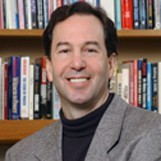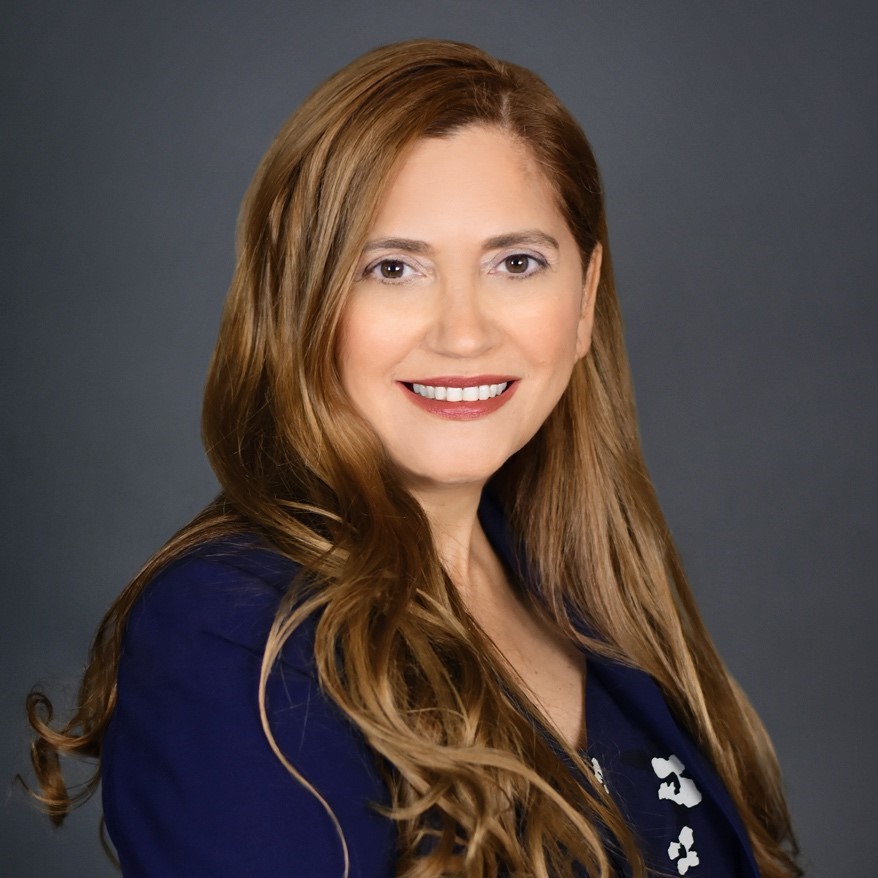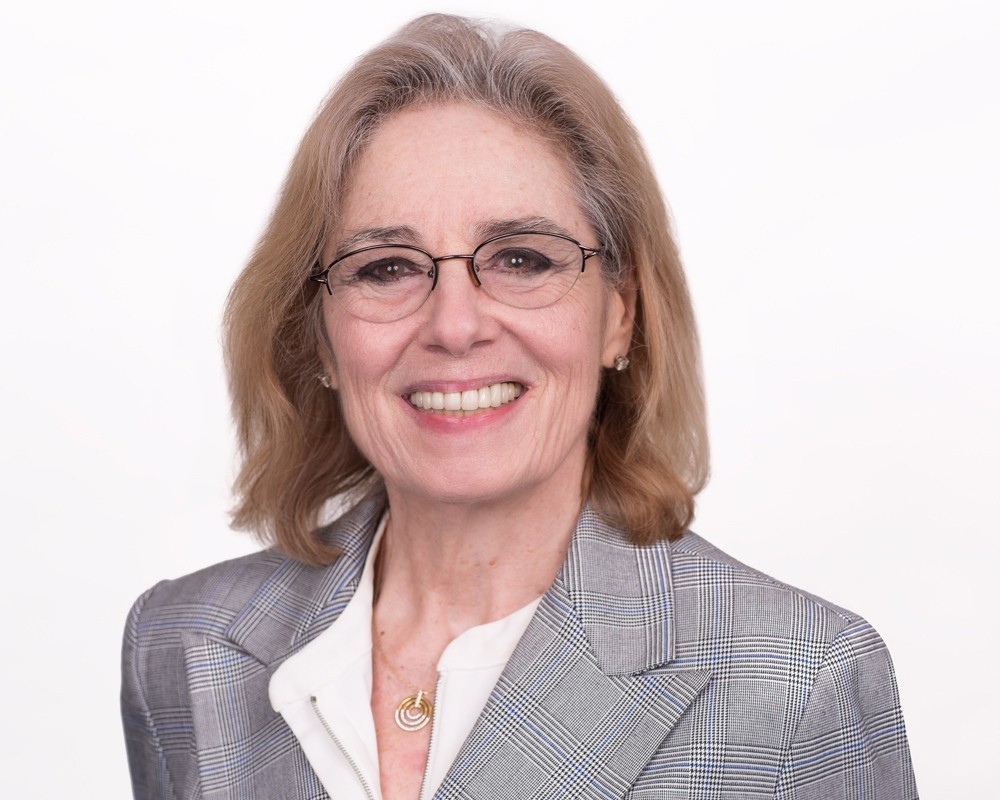Ronald Heifetz began his work on leadership at the Harvard Kennedy School in 1983, where he founded the Center for Public Leadership and is the King Hussein bin Talal Senior Lecturer in Public Leadership. Heifetz advises heads of governments, businesses, and nonprofit organizations and speaks extensively throughout the world. Heifetz co-developed the “adaptive model” of leadership with Riley M. Sinder and a team of colleagues at the Kennedy School. His research focuses on building the adaptive capacity of organizations and societies. His first book, Leadership Without Easy Answers, (1994) is considered a classic in the field. He coauthored the best-selling Leadership on the Line: Staying Alive through the Dangers of Leading with Marty Linsky (2002). His third book, The Practice of Adaptive Leadership: Tools and Tactics for Changing your Organization and the World, (2009) was coauthored with Linsky and Alexander Grashow. His books have been translated into many languages.
Heifetz is also well-known for developing transformative methods of leadership education and development. His courses on leadership at Harvard are legendary. Drawing students from throughout Harvard’s graduate schools and neighboring universities, they have consistently won the alumni award for the most influential courses at the Kennedy School. His teaching methods are the subject of the book, Leadership Can Be Taught, by Sharon Daloz Parks (Harvard Business Press, 2005). A graduate of Columbia University, Harvard Medical School, and the Kennedy School, Heifetz is a physician and cellist. He trained initially in surgery before deciding to devote himself to the study of leadership in public affairs and business.
Heifetz completed his medical training in psychiatry. As a cellist, he was privileged to have studied with Russian virtuoso, Gregor Piatigorsky.








